This is a modest list of resources for further study into issues of faith and science. This is by no means exhaustive but hopefully a fair representation of the different interpretive views within orthodox Christianity. As previously stated in our ‘Faith & Science’ series, CCCC doesn’t hold to a specific interpretive position. With that said, the listing of resources here is not an endorsement (indeed, these works disagree with each other). On the contrary, we encourage you do the work both personally and in community in order to discover which of these resources makes best sense of the two books of God: his Word and his World. It should also be noted that descriptions were taken from other sources such as the publishers.
Faith & Science in General
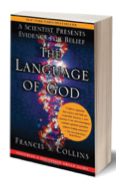
The Language of God: A Scientist Presents Evidence for Belief by Francis Collins is for believers, agnostics, and atheists alike. The Language of God provides a testament to the power of faith in the midst of suffering without faltering from its logical stride. Readers will be inspired by Collin’s personal story of struggling with doubt and faith and as well as his experiences as a genetics researcher with discussions of science and spirituality, especially centering around evolution.
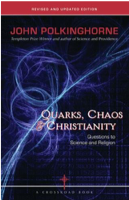
Quarks, Chaos & Christianity: Questions to Science and Religion by Sir John Polkinghorne draws on discoveries made in atomic physics to make credible the claims of Christianity, and helps refine Christian perceptions through the knowledge that the new science brings. He discusses belief in God, chaos, evolution, miracles, and prayer, and gives an answer to the question: Can a scientist believe?
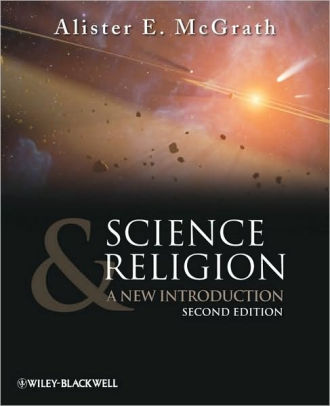
Science and Religion: A New Introduction by Alister McGrath. This popular textbook introduces readers to the central questions in the field of science and religion. Ideally suited to those who have little or no prior knowledge in either area, it examines the historical, theological, philosophical and scientific aspects of the interaction between religion and science. Takes a topic-based approach which fits into the existing structure of most courses, and includes explanatory material not found in other works of this kind, making it highly accessible for those with little scientific or religious background knowledge.
Interpretive Views of Creation
Literal View (Young Earth Creationism)
- Institute of Creation Research website
- Answers in Genesis website
- The Genesis Flood by Henry Morris and John C. Whitcomb
Gap View
- Genesis Unbound by John Sailhamer (Historical Creationism)
Day/Age View
- Reasons to Believe website
- Navigating Genesis by Hugh Ross (Progressive Creationism)
- A Matter of Days by Hugh Ross
Literary Framework / Ancient Near East View
- The Lost World of Genesis One by John Walton (Cosmic Temple Inauguration)
- The Lost World of Adam and Eve by John Walton
CCCC’s “Understanding Creation” Presentations
Other Faith and Science Resources
Conversations Between Different Viewpoints
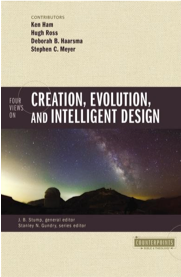
Four Views on Creation, Evolution, and Intelligent Design by Ken Ham, Hugh Ross, Deborah B. Haarsma, and Stephen Meyer. Presents the current “state of the conversation” about origins among evangelicals representing four key positions: 1) Young Earth Creationism – Ken Ham (Answers in Genesis), 2) Old Earth (Progressive) Creationism – Hugh Ross (Reasons to Believe), 3) Evolutionary Creation – Deborah B. Haarsma (BioLogos), 4) Intelligent Design – Stephen C. Meyer (The Discovery Institute). The contributors offer their best defense of their position addressing questions such as: What is your position on origins – understood broadly to include the physical universe, life, and human beings in particular? What do you take to be the most persuasive arguments in defense of your position? How do you demarcate and correlate evidence about origins from current science and from divine revelation? What hinges on answering these questions correctly?
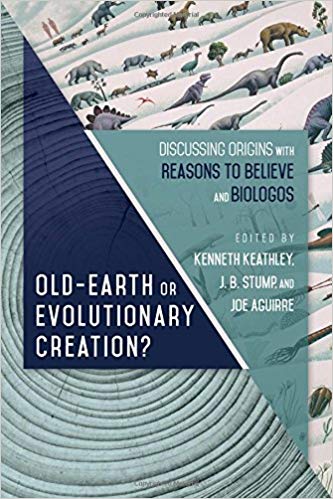
Old Earth or Evolutionary Creation?: Discussing Origins with Reasons to Believe and BioLogos by Kenneth Keathley (Editor). Christians confess that God created the heavens and the earth, but they are divided over how God created and whether the Bible gives us a scientifically accurate account of the process of creation. Representatives of two prominent positions – old earth creation (Reasons to Believe) and evolutionary creation (BioLogos) – have been in dialogue over the past decade to understand where they agree and disagree on key issues in science and theology. This book is the result of those meetings that touches on many of the pressing debates in science and faith, including biblical authority, the historicity of Adam and Eve, human genetics and common descent, the problem of natural evil, and methodological naturalism. Old Earth or Evolutionary Creation? invites readers to listen in as Christian scholars weigh the evidence, explore the options, and challenge each other on the questions of creation and evolution. In a culture of increasing polarization, this is a model for charitable Christian dialogue.
Intelligent Design
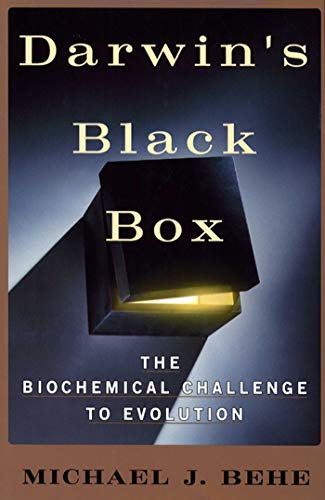
Darwin’s Black Box by Michael J. Behe helped to launch the intelligent design movement: the argument that nature exhibits evidence of design, beyond Darwinian randomness. It sparked a national debate on evolution, which continues to intensify across the country. From one end of the spectrum to the other, Darwin’s Black Box has established itself as the key intelligent design text — the one argument that must be addressed in order to determine whether Darwinian evolution is sufficient to explain life as we know it.
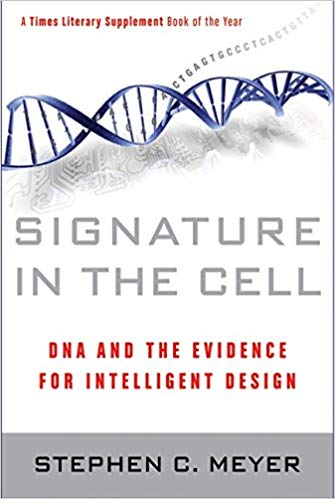
The Signature in the Cell by Dr. Stephen C. Meyer. Meyer presents a convincing new case for intelligent design (ID), based on revolutionary discoveries in science and DNA. Along the way, Meyer argues that Charles Darwin’s theory of evolution as expounded in The Origin of Species did not, in fact, refute ID.
Evolutionary Creation
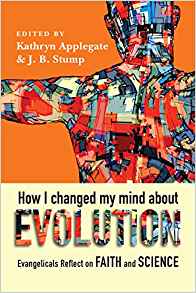
How I Changed My Mind About Evolution: Evangelicals Reflect on Faith and Science by Applegate and Stump (Editors). Many evangelicals have come to accept the conclusions of science while still holding to a vigorous belief in God and the Bible. How did they make this journey? Here are the stories of 25 people who have come to embrace evolution and faith, including Francis Collins, Scot McKnight, John Ortberg, James K.A. Smith, Jennifer Wiseman, and N.T. Wright.
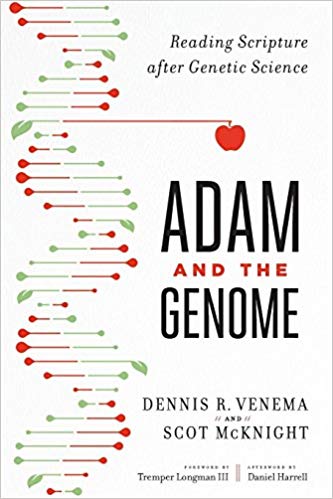
Adam and the Genome: Reading Scripture After Genetic Science by Dennis Venema and Scott McKnight. Genomic science indicates that humans descend not from an individual pair but from a large population. What does this mean for the basic claim of many Christians: that humans descend from Adam and Eve? Leading evangelical geneticist Dennis Venema and popular New Testament scholar Scot McKnight combine their expertise to offer informed guidance and answers to questions pertaining to evolution, genomic science, and the historical Adam. The authors address up-to-date genomics data with expert commentary from both genetic and theological perspectives, showing that genome research and Scripture are not irreconcilable. It should be noted that some readers found Venema’s first half of the book sounder than McKnight’s conclusions in the second half.

2 thoughts on “Resources on Faith & Science”
Thank you for posting all this helpful information!
Did you consider the “Analogical Days” view of creation days in your study? Vern Poythress has a good (and brief) overview of length of creation days including the “Analogical Days” view here:
https://frame-poythress.org/wp-content/uploads/2013/09/2013ChristianInterpretationsOfGenesis1.pdf